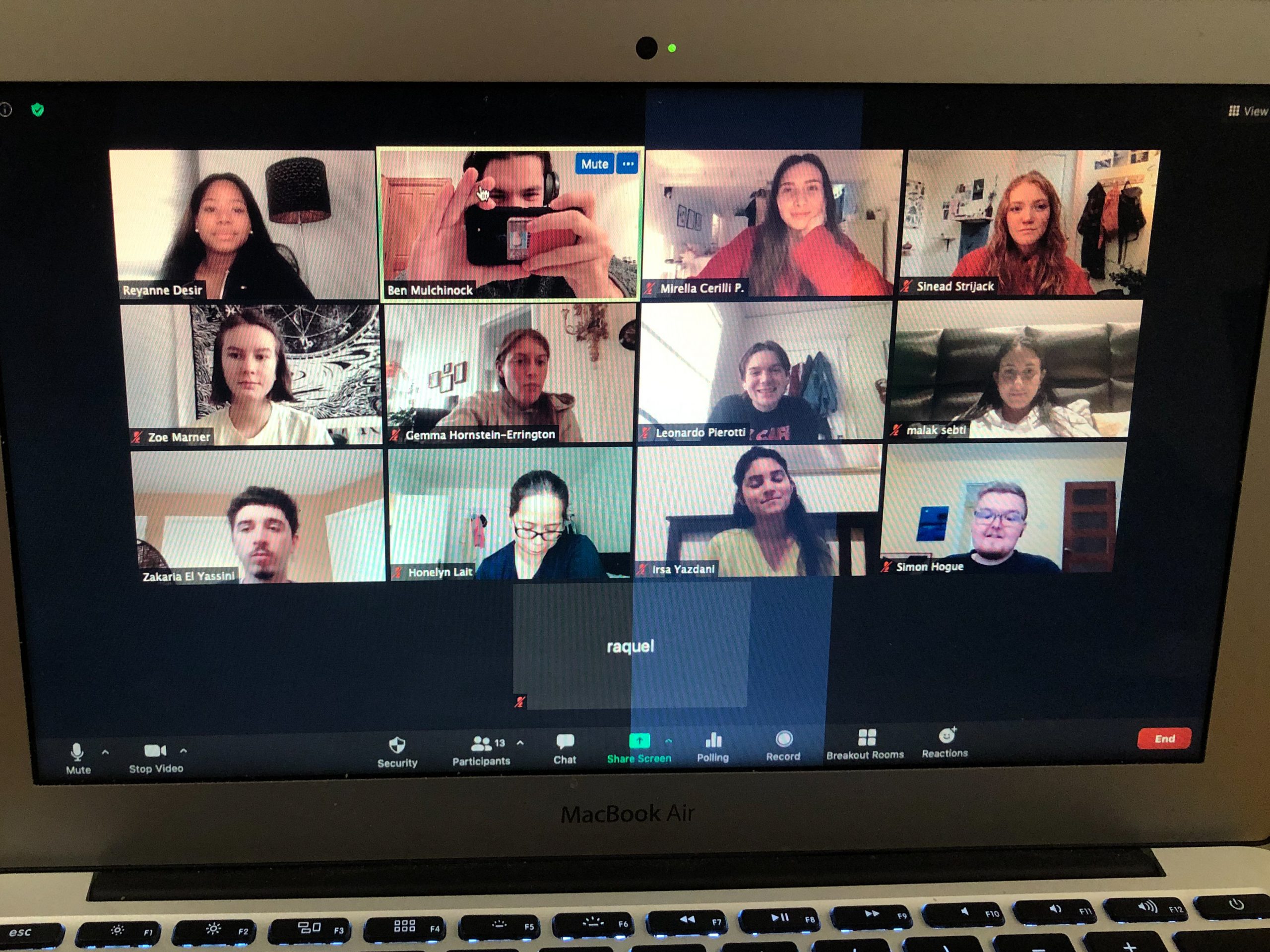Move aside, Norman Bethune, because if anyone deserves a statue, it’s revered communist leader Chairman Mao Zedong.
“Never before has Concordia been closer to China. Our special friendship with the country is growing stronger and stronger,” said Pascal Fruyt, ambassador-at-large of Concordia. Fruyt had just returned from a fact-finding mission in the Chinese capital.
“We visited historical sites where the famous book-burning activities took place. Some of the charred documents were preserved very well, you can still see the yellow edges off of the burnt pages!” he said.
Concordia will be doing some book-burning of its own. Preparations of a mass bonfire, which will include authentic performances of Chinese revolutionary music, has gone underway. It is set to take place next week in the renamed Mao Zedong Square.
Notable works to be burnt are Adam Smith’s “Wealth of Nations,” Plato’s “The Republic” and sheet music by Beethoven. Participants are welcome to bring their own selection to add fuel to the fire, which will be symbolically named “The fire of the people.”
A number of organizations under QPIRG Concordia have agreed to foot the bill for the mass printing of the ubiquitous bible of the common Chinese revolutionary, “The Little Red Book.” It will be translated into the more common languages spoken by students at Concordia, which include English, French, Arabic, Yiddish and Japanese.
To remain as true to the historical facts as possible, the english translation is written with only half the letters of the alphabet to mimic the simplification of the Chinese language began under the Communist Party around 1949.
“I always read about it, and I’ve always wanted one. It’s a dream come true!” said Timmy O’Hare, a self-described communist.
In the spirit of chinese communist week, students from the John Molson School of Business (JMSB) will be taking a break from their studies to take part in a mass exodus to the Quebec countryside in tribute to the revolutionary “Red Guard” of China. The youth wing of the communist party, mandated by Mao, lived in the countryside for two years in order to “learn the ways of the peasantry” beginning in 1968.
“If you think Five Days for the Homeless was good, wait till you see this,” said JMSB student Bruce Chanwong, who will be leaving behind his textbooks on business administration and accounting to study the cultivation of rice in the Eastern townships.
“Power to the proletariat!” he shouted during the interview with The Concordian.
Students may also take part in the re-enactment of the much-heralded “Long March,” a historic walk spanning thousands of miles led by Mao during the Chinese Civil War.
Concordia students will re-enact the event by marching from the Hall Building downtown to the Loyola campus, where only a fraction of the participants will arrive to accurately reflect the scores of people who never made it to sanctuary.
The march will be spearheaded by Interim President Mason Grippendorf, who, according to Concordia spokesperson Christy Mona, has kept his “Mao suit” in pristine condition for a number of years.
“He’s been waiting a long time for this. He never told anyone in the office that he’s a Maoist,” said Mona.
Chinese communist week will be immediately followed by Marxist-Leninist Month in May. Check What’s Up Concordia for more details.



